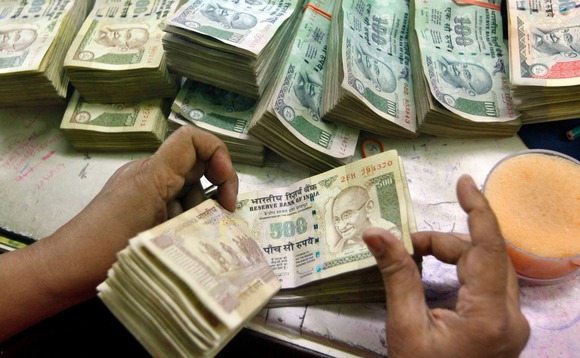UK initiates bilateral trade talks for post-Brexit deal with India

EurActiv | 8 July 2016
UK initiates bilateral trade talks for post-Brexit deal with India
Britain said it would start preliminary talks with India on Friday (8 July) about an eventual bilateral trade deal after last month’s referendum vote to leave the European Union, but will have to wait until it actually exits the EU before getting talks formally started.
The shock referendum decision to leave the EU has forced London to rethink its trade ties with the rest of the world.
British Business Secretary Sajid Javid also said Britain would have as many as 300 trade specialists in place before the end of the year, up from about 100 now, as the country tries to increase its firepower to operate as a solo trading nation.
Britain has negotiated its trade deals through the EU for decades.
Talks with US, China, Japan and South Korea
“Following the referendum result, my absolute priority is making sure the UK has the tools it needs to continue to compete on the global stage,” Javid said in a statement.
“Over the coming months, I will be conducting similar meetings with other key trade partners, outlining the government’s vision for what the UK’s future trade relationship might look like,” he said.
Javid’s trip to New Delhi was likely to be followed in the coming months by discussions about trade with the United States, China, Japan and South Korea, the business ministry said.
London also appears to be keen to tighten its trade ties with China. A source close to British finance minister George Osborne said he met senior officials from the world’s second-largest economy in London on Thursday to discuss trade, agreeing to work to foster stronger ties between the two countries.
Britain’s decision to leave the EU at a referendum on 23 June has raised big questions about its future trading relationship with the rest of the bloc, which buys about 45% of British exports, and with other economies.
Brexit supporters have said that Britain will be able to strike a good deal with the EU and also reach agreements with other big economies more quickly on its own than as part of the 28-nation EU.
For its part, the bloc has so far failed to do a deal with India.
Why the wait ?
Formal negotiations between Britain and countries such as India and the United States will have to wait for London to settle its future ties with the EU, something that is likely to take years.
India is by far the most populous nation in the 53-country Commonwealth, whose members are mostly former British colonies and represent a combined 2.2 billion people across the world.
Britain was the biggest foreign investor among the Group of 20 nations in India in 2015, while India represents the third-largest source of foreign direct investment in Britain, the British business ministry said in a statement.
Bilateral trade in goods and services last year was worth 16.55 billion pounds (€19.32 billion), it said.
As one of the world’s biggest and fastest-growing developing economies, India has long been a target for rich countries. It has demanded significant visa concessions for its citizens to work abroad, a source of tension with the United States.
The leaders of Britain’s Leave campaign in the referendum said they wanted to allow more skilled, non-EU workers into the country under a new selective immigration policy.
On its part, Britain is likely to push for more access to India’s financial services market.
Javid was due to meet Indian Finance Minister Arun Jaitley and Commerce and Industry Minister Nirmala Sitharaman today.
Background
Britain’s status as a trade power was a central issue in the build-up to its European Union membership referendum on 23 June.
US President Barack Obama upset the “Out” campaign when he said Britain would go to the “back of the queue” in trade talks with the United States if it left the EU.
Campaigners who want Britain out of the EU have suggested various options for its trade arrangements, ranging from a new free trade deal with the EU to falling back on Britain’s existing membership of the World Trade Organisation (WTO).





